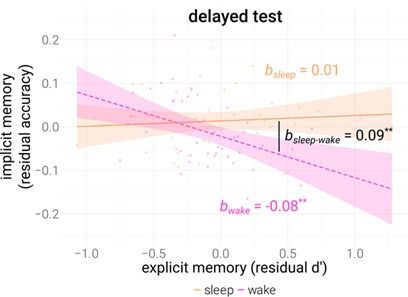Katja Kleespies
@katjakleespies.bsky.social
31 followers
38 following
14 posts
Likes the brain. PhD candidate @UniFreiburg. She/her.
Posts
Media
Videos
Starter Packs






